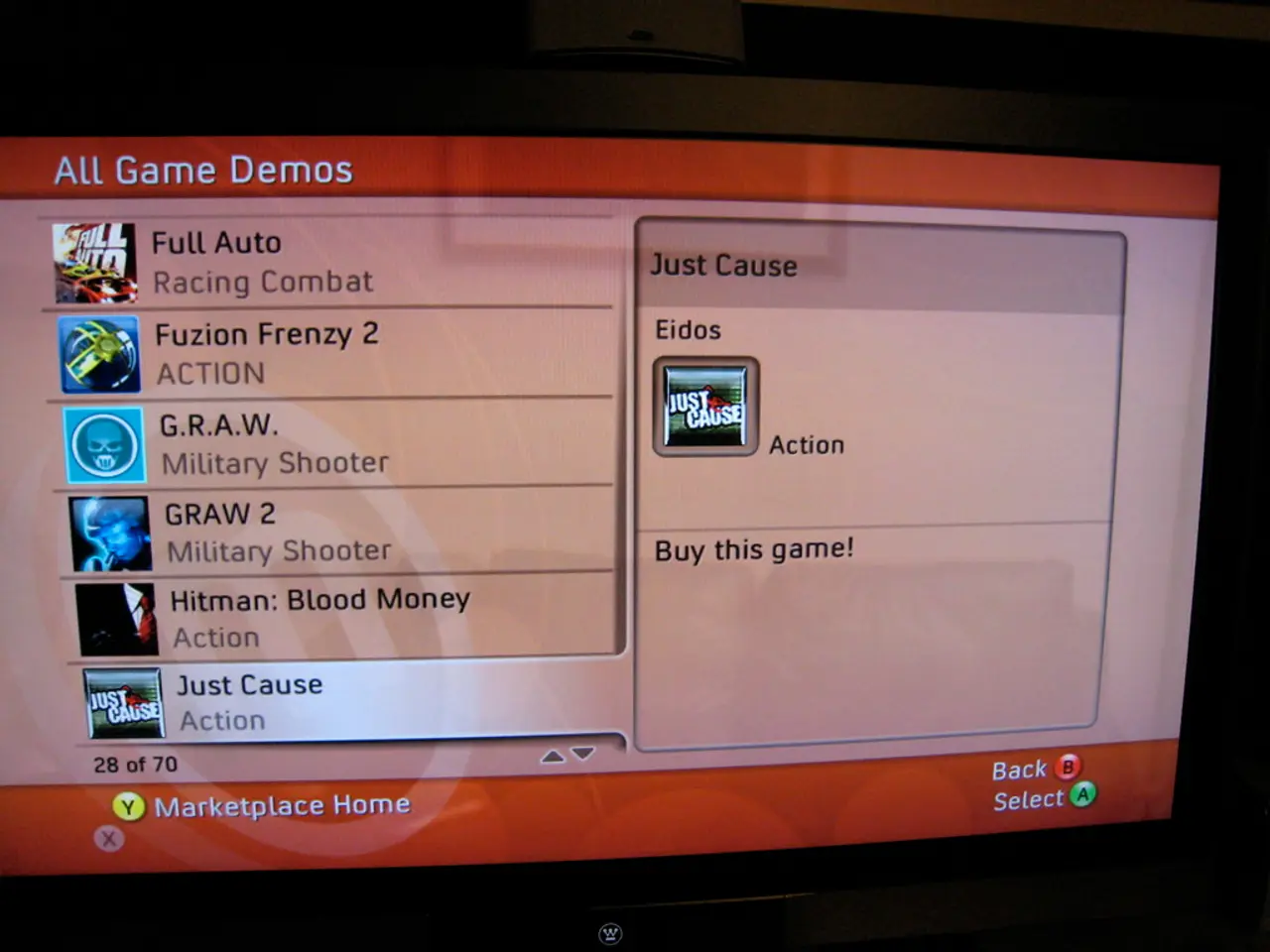Developing a Hotel Reservation Software: A Brief Guide
In the rapidly evolving world of technology, the travel industry is witnessing a significant shift with the rise of travel apps. These digital platforms are transforming the way we plan, book, and manage our travels, offering an all-in-one solution for flights, stays, and rental cars.
One of the key players in this market are budget-conscious users, who can now rely on budget hotel apps that cater specifically to their needs. These apps offer a wide selection of hotels, hostels, and homestays, ensuring affordable yet comfortable accommodations for their users.
For those seeking a broader range of options, hotel aggregator apps are a convenient choice. These apps allow users to compare different hotels in one place, making it easier to find the perfect stay.
As the travel app market continues to grow, so does the importance of integrating key features into these apps. A user-friendly interface, advanced search options, geolocation, real-time booking and confirmation, booking and cancellation pages, accommodation details, push notifications, review and ratings, flexible and secure payment options, and even 24/7 customer support through chatbots, are all essential components that enhance the user experience.
The global smart tourism market, which encompasses travel apps and related technologies, is projected to exceed $68 billion by 2027. This growth is driven by a compound annual growth rate (CAGR) of 14.8%. The online travel market revenue is also expected to reach around $838 billion by 2029, reflecting steady growth post-pandemic recovery.
The travel and tourism market is increasingly dominated by online channels, with online transactions generating over two-thirds of total sales value worldwide. The broader mobile app market, which includes travel apps, is projected to reach $256.9 billion by 2027 in the USA alone, indicating strong growth in app usage and development.
For businesses looking to enter or expand in the hotel booking app market, partnering with a leading app development company with over 8 years of experience can help create a top-notch hotel reservation system tailored to their needs and market demands.
75% of users find mobile applications suitable for hotel room bookings, so it's often necessary to launch an app on both iOS and Android platforms. However, native app development for a hotel booking app requires a separate development process for each platform, which can be expensive. Cross-platform app development can target both iOS and Android users, with separate customization unnecessary.
Luxury hotel apps cater to users seeking premium experiences, offering top-notch resorts, hotels, and villas. Monetization strategies for a hotel booking app include booking commissions, featured listings, advertisements, subscription models, and affiliate marketing.
The cost of developing a basic hotel reservation system with features like user registration and multiple payment methods ranges between $20,000 and $50,000. Advanced features can increase the cost to over $80,000. Hotel chain apps, dedicated booking applications for renowned hotel brands, offer personalized offers to their loyal customers.
Last-minute booking apps list hotels and stays with booking availability close to the required date, providing flexibility for those planning impromptu trips. The feature of multilingual support in a hotel booking app makes it accessible in the global market.
In conclusion, the travel app market, including hotel booking apps, is projected to reach up to $0.8 billion by 2027, with a 64% growth from 2023 to 2027. A website designed for desktop use can also be used for hotel room bookings, but the convenience and accessibility offered by travel apps make them an increasingly popular choice among travellers.
Technology plays a significant role in transforming the travel industry, with travel apps offering an all-in-one solution for flights, stays, and rental cars. These apps, including budget hotel apps and hotel aggregator apps, cater to various user needs and preferences.
Moreover, the global smart tourism market, which includes travel apps and related technologies, is projected to exceed $68 billion by 2027, driven by steadily growing user adoption and advancements in technology.




